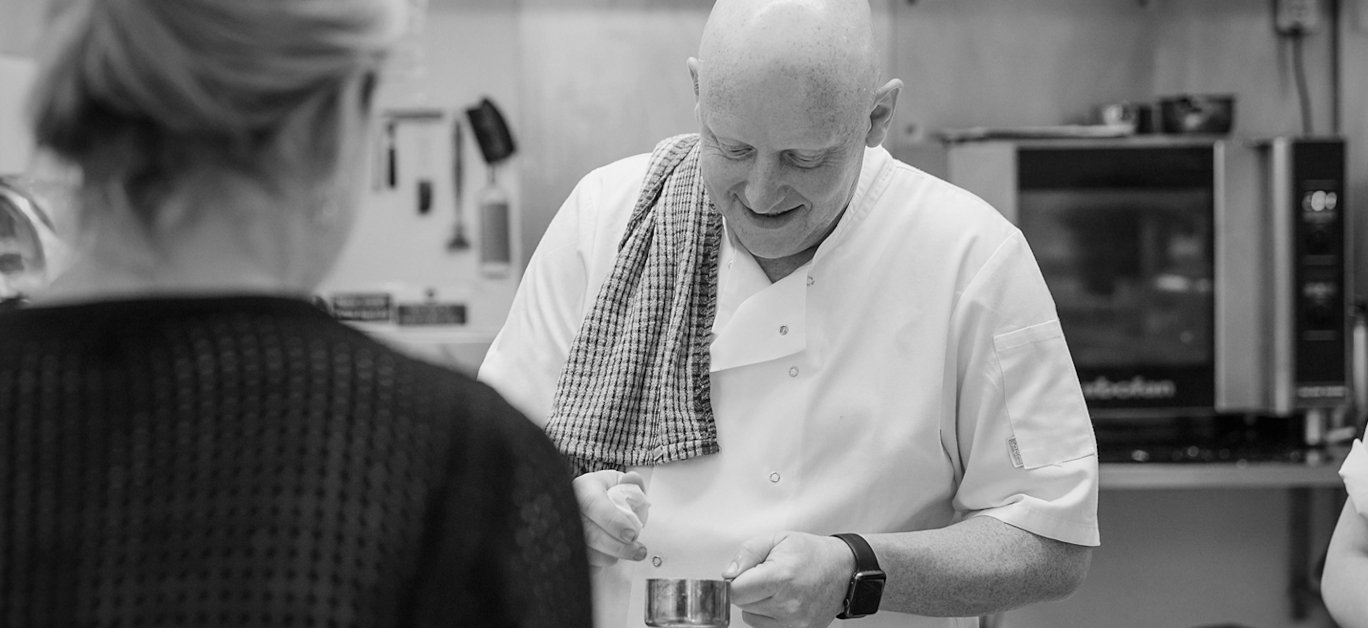Working in the kitchen at the Michelin-starred Hambleton Hall in Rutland for 30 years, chef director Aaron Patterson is widely regarded as one of the most accomplished chefs in the UK.
While Aaron’s food always looks beautiful, the foundation is the simple treatment of great ingredients in classical combinations. Hambleton Hall’s consistency is underlined by a Michelin star held since 1982 without break and four AA rosettes, as well as recognition in The Good Food Guide and Harden’s.
We sat down with Aaron to find out a little more about why dining at Hambleton Hall is so special.
Can you tell us a little bit about yourself, including where you are today, professionally, and what got you here?
I had two main influences from my early years of training as a chef. The first is working for my father who was a chef and made Marco Pierre White look like a pussycat. I worked in his kitchen as a 13-year-old weekend helper at his place in Leicester. At that stage of my life I was not sure what career path I would follow but that experience certainly gave me a lot of insight.
I really fell in love with cooking when I worked for Nick Gill at Hambleton Hall. Nick was the food critic AA Gill’s brother and was an incredibly creative and brilliant chef. I learnt technical skills from Nick and had a lot of fun at work. That’s when I realised I had a talent for cooking in a creative mind for the job. Under next tutelage the role became about artistry which shone a new light on the career path for me.
After working for Nick at Hambleton Hall I worked for Raymond Blanc at Le Manoir Aux Quat’Saisons. Raymond was the creative chef and under him was his head chef Clive Fretwell, who played a sergeant major role in the kitchen. I could recognise the two types of chefs to run a successful kitchen at this point. This really helped to shape me, as I discovered how I wanted to behave as a boss. Although I didn’t have all of the answers and probably made lots of mistakes along the way, I knew what type of chef I wanted to be.
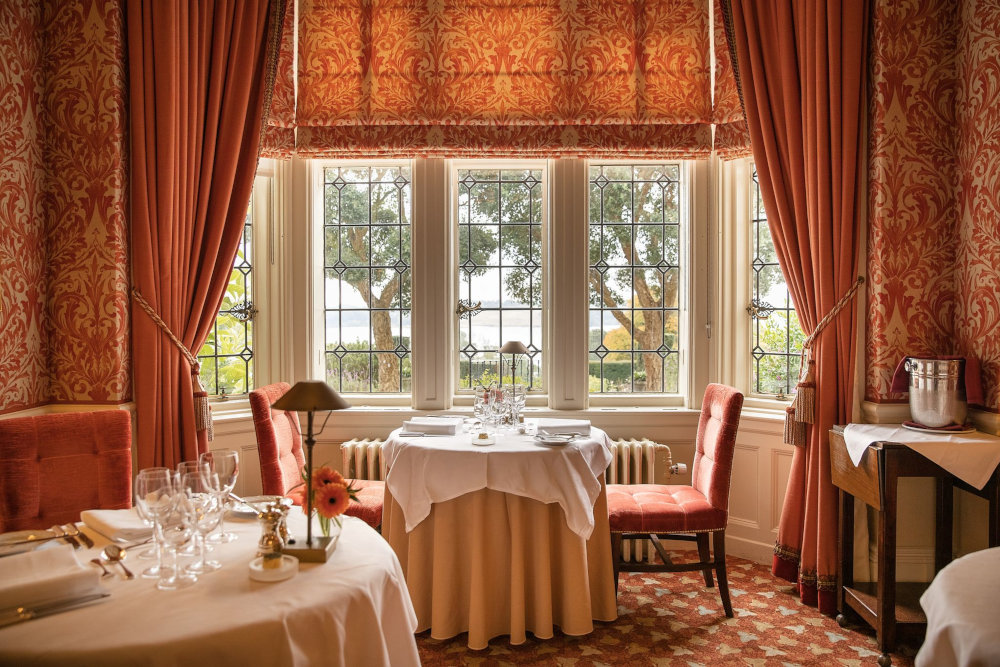
What’s your signature dish?
My signature dish depends on the season. Throughout my career I have always taken great enjoyment from the changing produce available in the wild and the excitement it brings in figuring out how to cook it and serve it. Some of my signature dishes that include game are grouse with blackberry sauce and traditional accompaniments, roast mallard with corn in a little pie of its own leg meat, roast pheasant pithivier with root vegetables, and hare Wellington with root vegetables in a prune an Armagnac sauce.
What are the most important considerations when crafting your menu?
For me, the most important considerations are that their ingredients are seasonal and local where possible. I run a daily changing menu with four starters, four mains and four desserts so I also need to make sure there is a balance between meat, vegetarian and fish dishes.
How would you describe your cooking style?
My roots are in classical French cooking with a modern British twist.
Do you have a favourite time of year or such of ingredients that you look forward to working with?
My absolute favourite time of year is autumn for the reasons I stated above about the game season coming into full force.
What is your favourite ingredient create with?
My favourite ingredient for its otherworldliness is the black truffle because its flavour and aroma are not comparable with any other ingredient.
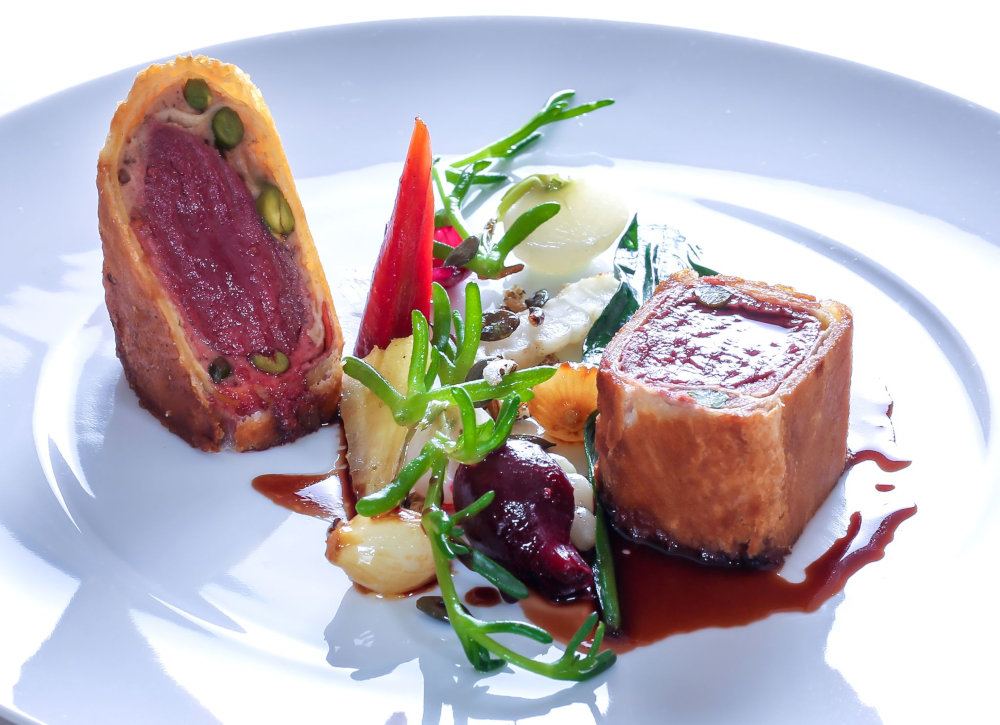
What would you be doing if you weren’t a chef?
It has never crossed my mind to do anything else.
What’s your favourite dish to cook at home?
I like to prepare slow cooked meats such as a lamb shoulder or a piece of pork and allow the slow cooking process to work its magic.
When are you happiest?
I am happiest when everything in my life is balanced. This means that my home, my family and my work all balance with each other.
What’s your favourite piece of kitchen equipment?
It’s hard to pick a favourite piece of all the equipment we have, so I’m going to give you something a little bit different. I have recently become obsessed by Peloton and their incredibly motivating running programme. These days I am committed to at least one hours daily exercise which makes me feel energised and gives me time to think.
What’s your favourite takeaway or comfort food?
I don’t ever order takeaways and neither does my wife or the family. It goes back to what I said before, but slow cooked food is a real favourite for us, preferably washed down with a gin and tonic.
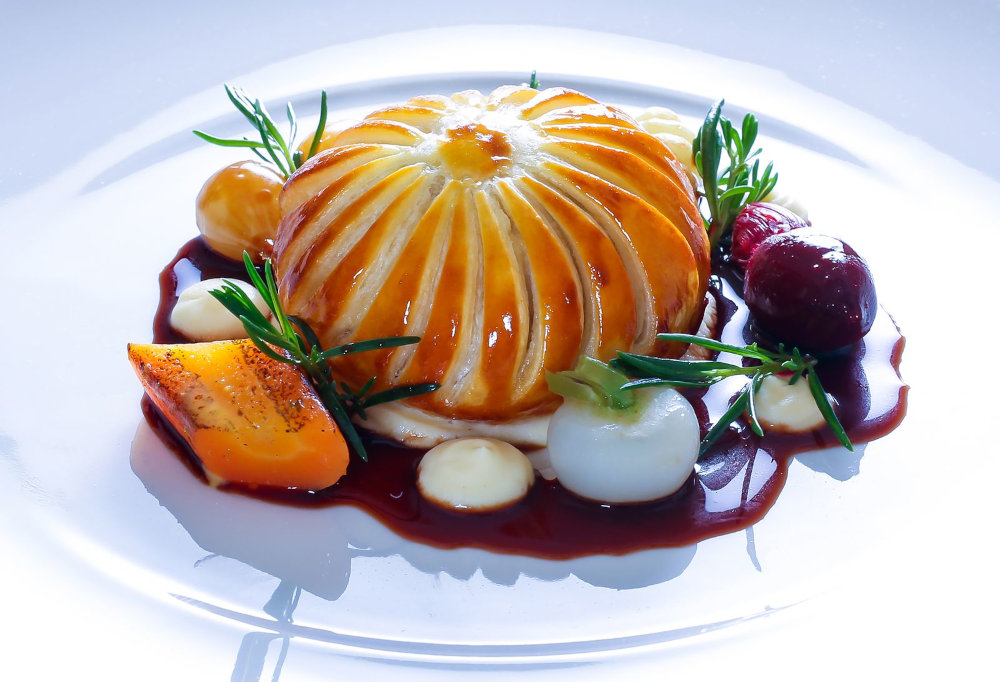
Where’s your favourite place to dine?
I like to support local businesses and places where chefs or other hospitality staff that I have worked with through my life have gone on to establish themselves, one example is the excellent Hitchens barn where I am a fairly regular client.
What do you think is the most overhyped food trend?
I think anything faddy in the culinary world would be something to avoid. For example foams which became quite a thing but seem to have disappeared again now. I am very interested in new techniques but only if they bring an extra dimension or texture to a dish.
What do your future plans entail?
Finding and trying new ingredients, meeting visiting and starting new relationships with different suppliers, designing menus, creating new dishes and working entirely in unison with my sous chefs Charlie and James.
How did the lockdown restrictions affect your work?
During lockdown I had a unique opportunity to reflect and review the way I run the kitchen and organise my team at Hambleton Hall. The time away from the kitchen gave me a great perspective on development across all areas of the business and the people, and for a period of time, and when we were able to, we actually pivoted our business model to produce high quality dishes for our local clients to cook at home.
What differences do you find with local produce as opposed to non-local produce in terms of what you can create and the flavour?
If we can find great local ingredients, it will always be our first choice as we enjoy the opportunity to tell our guests the story behind the ingredients and the suppliers and the real life impact our working relationship has on them.
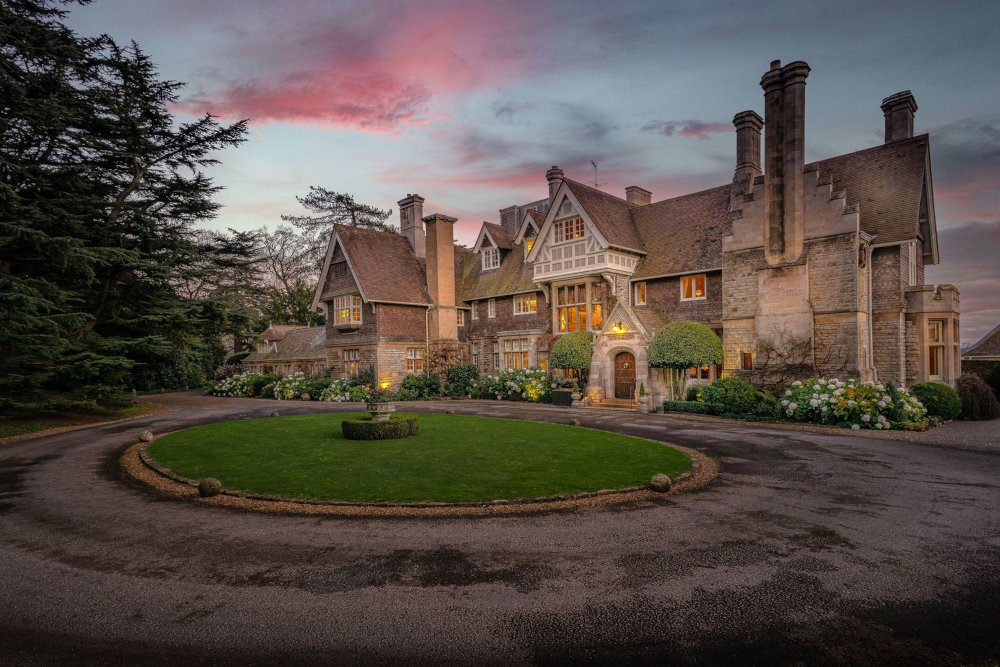
How do you go about menu planning? What’s the process and picking ingredients to getting them fresh into the kitchen and into the dishes?
Menu planning for us has always been about seasonality. We review what has grown well in our kitchen garden, if new products have come through as expected, to a delicious flavour and on time, and whether we need extra ingredients to support the volume of covers we anticipate. For example we are have high expectations for the apricots, peaches and courgettes that we expect to harvest from our own kitchen garden this summer and knowing that these products have literally moved 100m from where they grew to the plate in the restaurant on which they will be served means that flavour and creativity will shine through in the dishes.
How would you describe the food you create at Hambleton Hall to somebody who’s never experience your kind of food?
I would say you could expect to enjoy exciting ingredients, cooked simply with striking presentation.
What’s your favourite flavour combination?
Lobster with garlic butter.
What is the USP of your restaurant?
I feel like I might have answered this in your question above so I’m going to ask you the question, do you know another restaurant in this country who has retained a Michelin star for 40 years like we have? The dining room at Hambleton Hall stands for consistency, quality and creativity.
Factbox
Address: Hambleton, Oakham, Rutland, LE15 8TH
Phone: +44 (0) 1572 756 991
Website: hambletonhall.com
All imagery used in this article credit: Hambleton Hall












